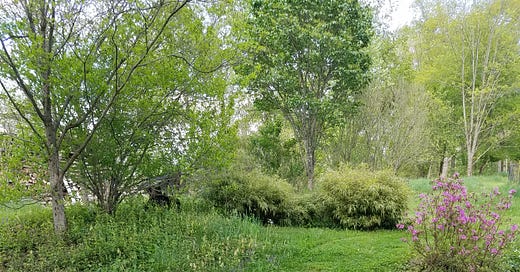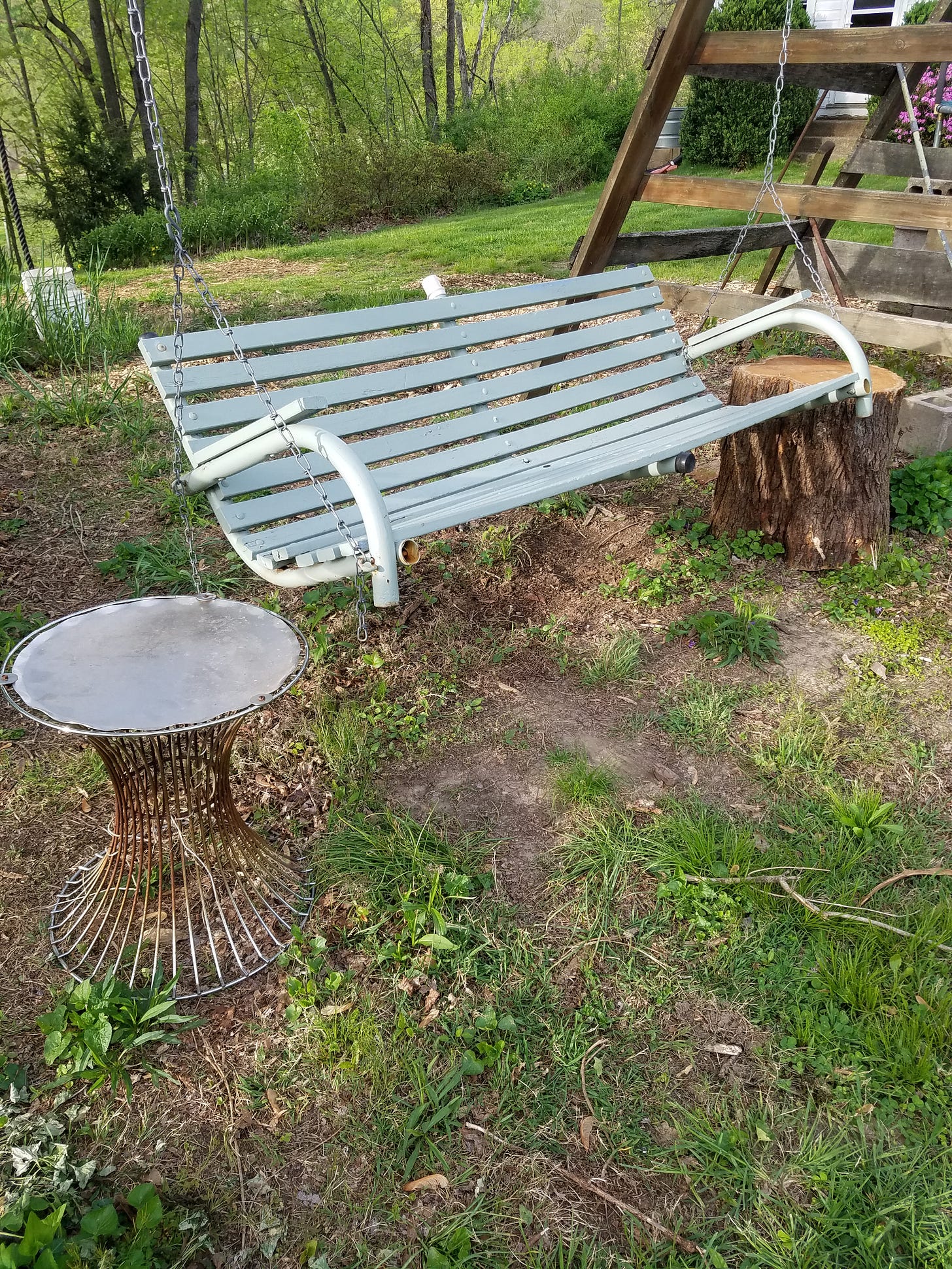I think I have a pretty good idea what the Italians mean by the titular phrase. Sipping coffee at an outdoor cafe on a Sunday in spring. Enjoying a bottle of wine with friends while watching waves roll in and out. Not doing nothing exactly, but being in the moment and enjoying the feeling of having nothing you must do. In other words, participating in an extremely important human activity, one that anthropologists posit was one of our most common before modern times.
In fact, it's believed that pre-civilization we spent most of our waking hours doing nothing. Of course, what is meant by this is that we spent time on the crucial tasks of resting, socializing, enjoying time with our children and family, and strengthening social bonds. These activities have only been turned into “doing nothing” by the sickness that is modern industrial life. In reality doing nothing, along with spending time alone, is one of the most important activities we can engage in.
However, it is rarely the case that the proffered solution to a problem is “do nothing.” Often the best remedy for common illness or the the various repetitive motion injuries rampant in our culture is doing nothing, or very little. But a doctor visit, medications, and surgery mean money is spent and you are back to work sooner. Rather than stay at home with children when they are young, we deliver them to daycare, drive to a job where we make enough money to pay the daycare plus a tiny bit more, pick them up afterwards, and arrive home frazzled and exhausted day after day. The more layers of “doing something” added to our lives, the more opportunities for wealth to be extracted. “Doing nothing” is very bad for the economy.
Does it not follow that doing nothing is the best way to resist the Machine? “Wait a sec,” dedicated readers are thinking, “I took your advice to buy as little as possible and now you're saying I shouldn't do anything either?” Yep. The two (non)activities go hand in hand.
I’m not advising extreme laziness, but rather to follow the old adage, “Work smart, not hard.” A better, but less pithy way of expressing the concept is “working hard is fine as long as you're getting a big payoff in results that justifies the effort.” A great example of extreme effort for little to no results is large political demonstrations in DC and other large cities. While mass mobilizations of people can under certain conditions be effective, such protests are most often exercises in futility. They are time-consuming, exhausting, and use up lots of resources, and the powers-that-be have figured out how to make sure such spectacles are an end in themselves and don't result in meaningful change. Time is better spent locally on projects where resources can be used for direct results, and progress can be realistically assessed.
The quintessential example in the gardening world of pointless busy-ness is the quest for the perfect lawn. Untold dollars and millions of gallons of toxic chemicals are used each year to preserve the difference between this:
And this:
On a practical level there is no meaningful difference between the two; the only distinction exists in our minds. Ending such time-consuming and expensive activities that merely serve to enhance social status or signal virtue is a good way to create more do-nothing time in your life.
Do you find yourself engaging in activities that require big effort and yield paltry results? Have you had success in jettisoning them and simplifying your life? I'd love to hear about it in the comment section.










What, no comments here? My excuse for not commenting on this is that I've been on vacation. I was taking your advice without realizing it. Everything you say about the over-valuation of busy time is true. At least it seems true to me. I was just saying to a friend on the phone yesterday: I have a really hard time relaxing. Whenever I veg out, I involuntarily start telling myself I should be doing something: do something useful! It's a compulsion that's bred into me, a boomer from a long WASPy line of hard workers. My parents came of age during the depression. My father and my uncles all fought in WW2. The idea of there's some sort of benefit to be found in goofing off never would've got much play with my family. As I write this, the memories of the chores and yard work I detested as a shy skinny bookish youth come bubbling up. Perhaps that's why I was so useless and so poor in my twenties. But no! Even after I left home the work ethic had its hold on me. I used to take the first job I could find, whatever appeared before me; ditch digger, landscaper, dish washer, house painter, laborer, waiter (I was a terrible waiter) and eventually taxi driver which felt so cushy compared to those other ones, I stuck with it for years. Yes, idleness is sweetness. Let the clover grow. I wholeheartedly agree with you though I still have difficulty following your sound advice.